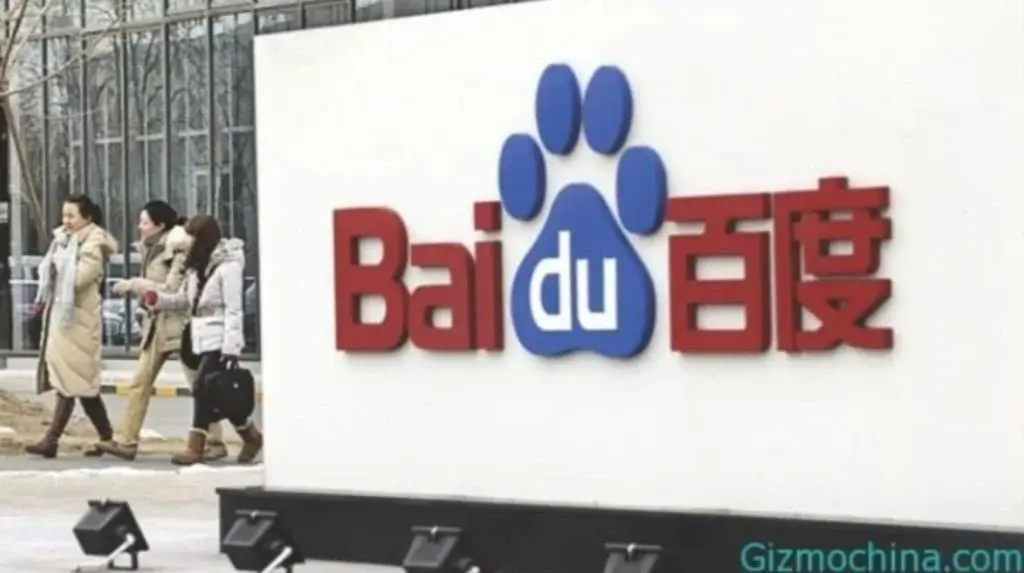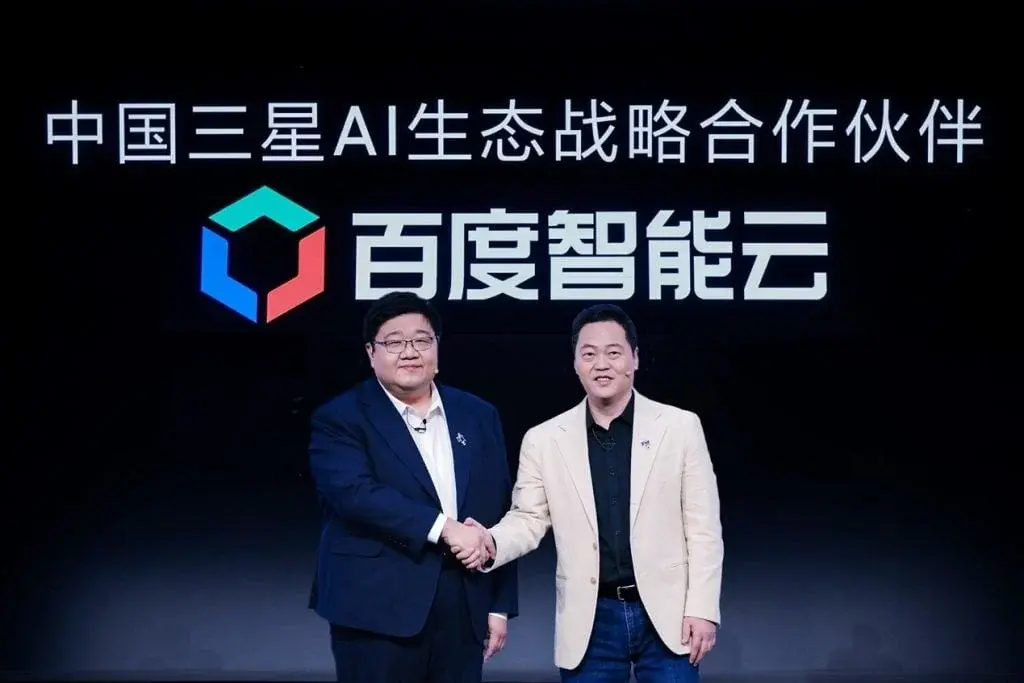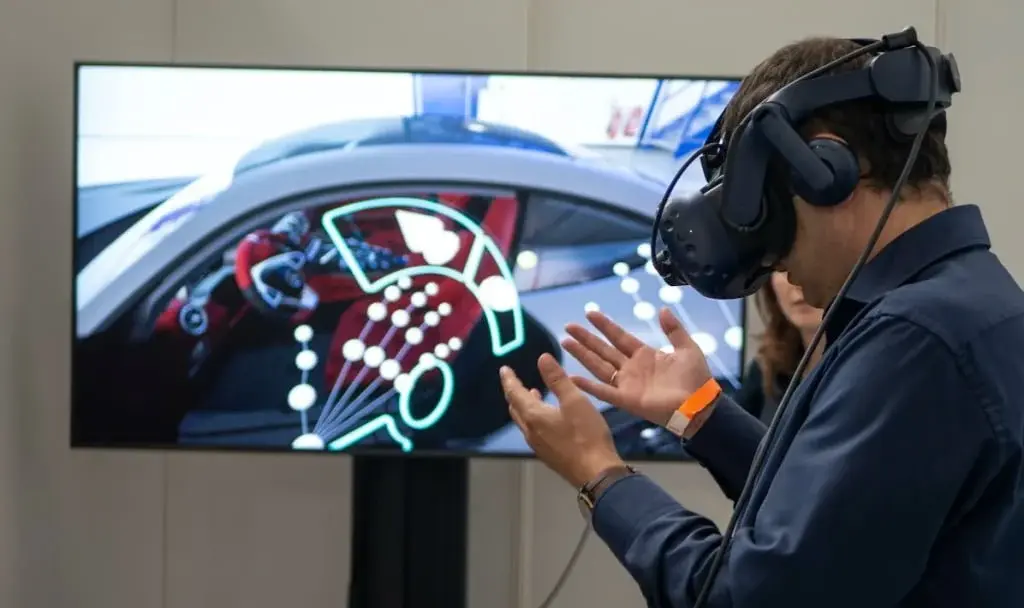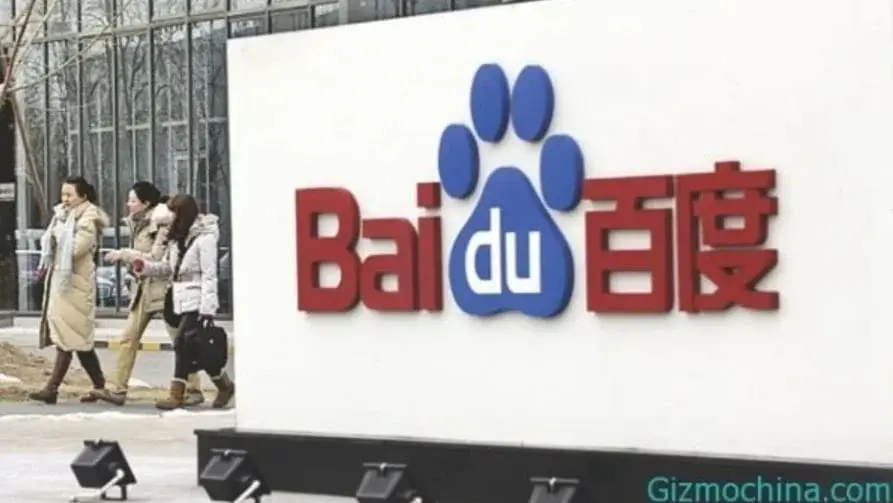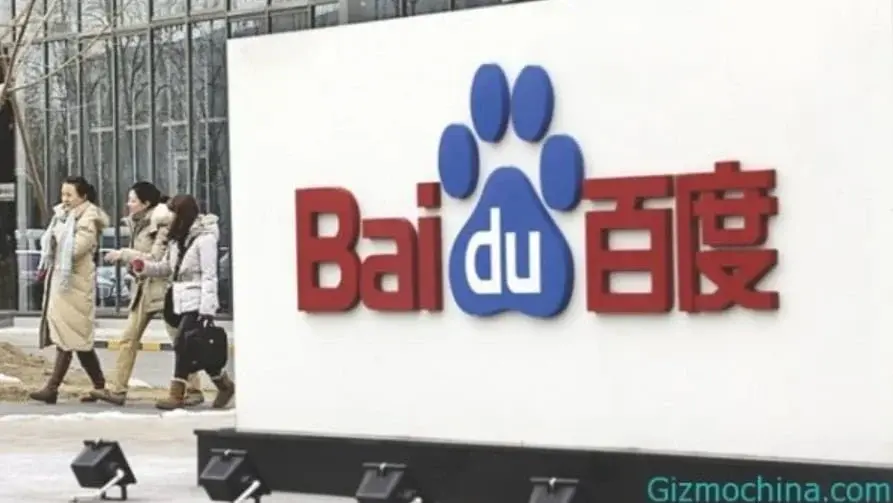Key Takeaways
1. Baidu’s Apollo Go partners with Dubai’s Roads and Transport Authority to launch autonomous ride-hailing services, marking its first international expansion outside China and Hong Kong.
2. The initial deployment will feature 100 RT6 robotaxis in Dubai by the end of 2025, with plans to expand to at least 1,000 vehicles by 2028, supporting Dubai’s goal of 25% autonomous transport by 2030.
3. Apollo Go has a proven safety record, completing over 150 million kilometers of safe travel and providing over 10 million rides, ensuring reliability in urban environments like Dubai.
4. Dubai’s high-tech infrastructure and commitment to innovation create a supportive environment for autonomous vehicle initiatives, with initial testing planned in central areas.
5. Baidu’s global ambitions are strengthened by this collaboration, following the acquisition of the first autonomous vehicle test license in Hong Kong, showcasing strong support from the UAE government.
Baidu’s Apollo Go has entered into a partnership with the Roads and Transport Authority (RTA) in Dubai to initiate autonomous ride-hailing services within the city. This is a major milestone in Apollo Go’s efforts to expand globally, with Dubai being the first international location outside of mainland China and Hong Kong. The collaboration aligns perfectly with Dubai’s ambition to enhance smart mobility and incorporate autonomous technologies into its transport system.
Plans for Robotaxi Deployment
The first stage of this venture will involve the launch of 100 Apollo Go RT6 robotaxis in Dubai by the conclusion of 2025. These self-driving vehicles are engineered for safe and effective driverless travel, featuring highly reliable systems and a user-friendly experience. By 2028, the fleet is expected to grow to at least 1,000 vehicles, which supports Dubai’s target of achieving 25% of its transport system being autonomous by 2030. This extensive rollout highlights the city’s dedication to leading in self-driving innovations.
Impressive Safety Record and Experience
Apollo Go boasts an impressive history in autonomous driving, having successfully completed over 150 million kilometers of safe travel and provided upwards of 10 million rides. The RT6 robotaxis come equipped with state-of-the-art safety features, promising a comfortable and secure journey. With significant experience operating in major cities like Wuhan, China, Apollo Go is well-equipped to navigate the challenges of an urban setting like Dubai. The company plans to work closely with local authorities to ensure that their technology aligns with regional regulations and road conditions.
Supportive Environment for Innovation
Dubai has consistently been at the leading edge of autonomous vehicle initiatives, making it a prime location for Apollo Go’s international growth. The city’s high-tech infrastructure and dedication to innovation lay a strong groundwork for autonomous mobility services. Initial testing will take place in central Dubai to ensure that the technology integrates well with local traffic dynamics and urban challenges.
Strengthened Global Ambitions
Baidu’s aspirations for Apollo Go have been bolstered by obtaining the first autonomous vehicle test license in Hong Kong in November 2024. Choosing Dubai as the first market for complete fleet deployment underscores the confidence and backing from the UAE government. This collaboration follows a meeting between Baidu’s CEO, Robin Li, and UAE leaders at the World Governments Summit in February 2025, where they expressed strong support for Apollo Go’s vision of sustainable and smart urban transport.
A Vision for the Future of Urban Transport
Apollo Go is set on transforming urban transport by offering safe, efficient, and intelligent transportation options. As cities around the globe adopt smart transport solutions, Baidu’s entry into Dubai signifies a crucial step toward making autonomous ride-hailing a reality worldwide. The partnership with the RTA is a significant advancement towards a more intelligent and interconnected future for urban transportation.






